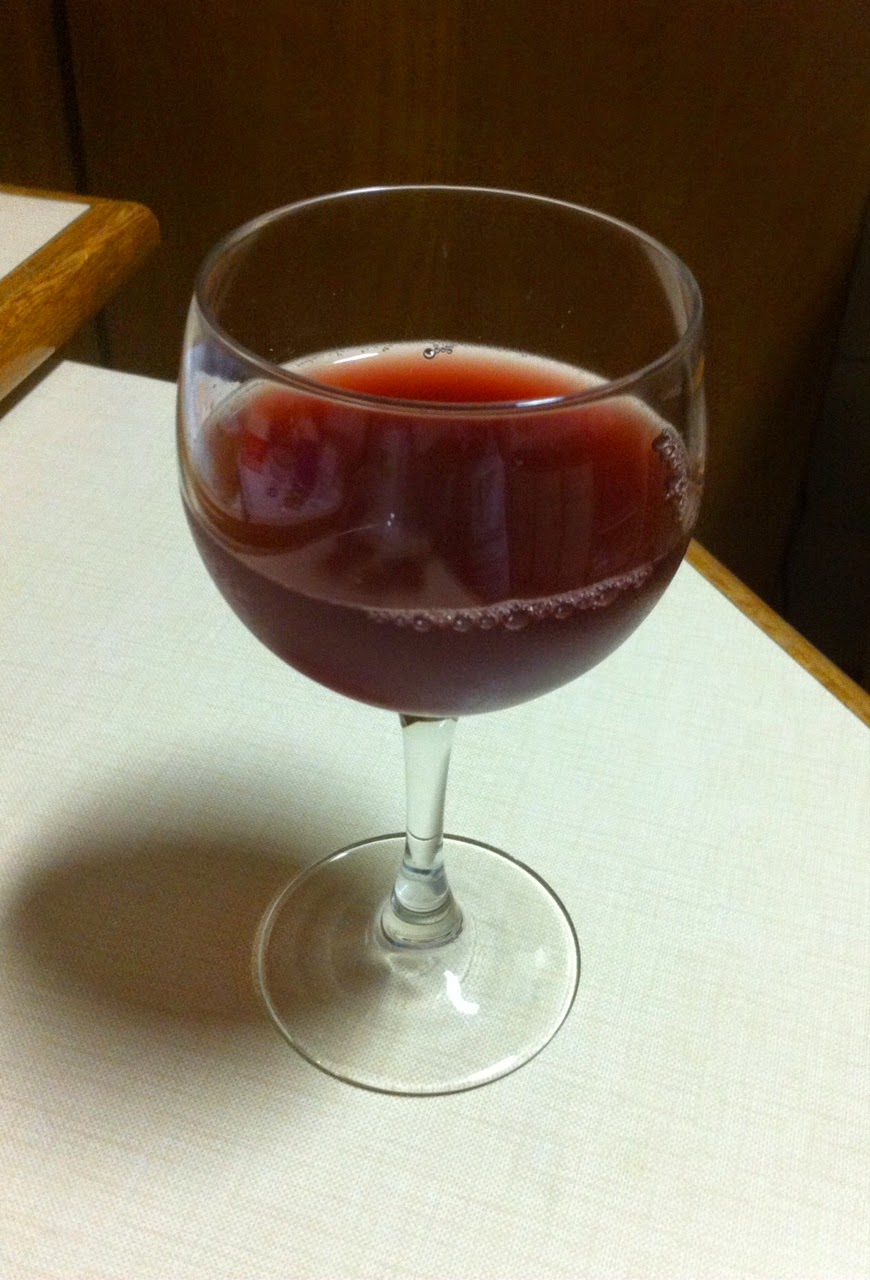"You don't say?" is a common expression and rhetorical question used in response to a comment made by someone in conversation. It usually follows information given that is already known to most everyone. It is not new information to the receiver, but the messenger tells the information as though new.
Some examples:
Messenger: Cows eat grass, not meat!
Receiver: You don't say?!
-------------------------------------------
Messenger: You can't walk in Central Park at midnight alone! You're a woman!
Receiver: You don't say?
-------------------------------------------
Messenger: The Arctic Circle is mostly frozen land mass and cold.
Receiver: You don't say?
Video: Personal Archives
"You don't say!" has the intonation of a conclusion made by the receiver and a bit of sarcasm (see video above), rather than that of the typical honest question. It can be used by the receiver to indicate either disbelief or obviousness in the statement made by the messenger.
Some examples:
Messenger: I may be small, but I'm going to show him a thing or two* even though he's a body-builder.
Receiver: You don't say.
--------------------------------------------
Messenger: I really am afraid of rats after getting bit by one!
Receiver: You don't say!
* To show someone "a thing or two", is to confront them in some bold manner with the intent to show oneself stronger or better than they are.
In the above example, the messenger is obviously no match for the body-builder he plans to confront. The receiver knows this and doubts his success in doing so. Therefore, the response is sarcasm with a bit of body language and a look to go with it (see video above).
"You don't say" can be used to ridicule in response to the messenger (the one making the statement), or simply said in fun to tease.
Finally, "You don't say" can be used just as a normal response to something someone says. The intonation in this kind of response has a bit of surprise with interest, but not disbelief (see video below).
Video: Personal Archives
Some examples:
Joey: Hey, man! I just got promoted to manager at my job!
Jane: You don't say.
----------------------------------------------
Michelle: I put the tile down on the floor in our bathroom and changed the roofing on the garage all by myself.
Bob: You don't say.
Congratulations! You're getting even closer to speaking impressive American English!



